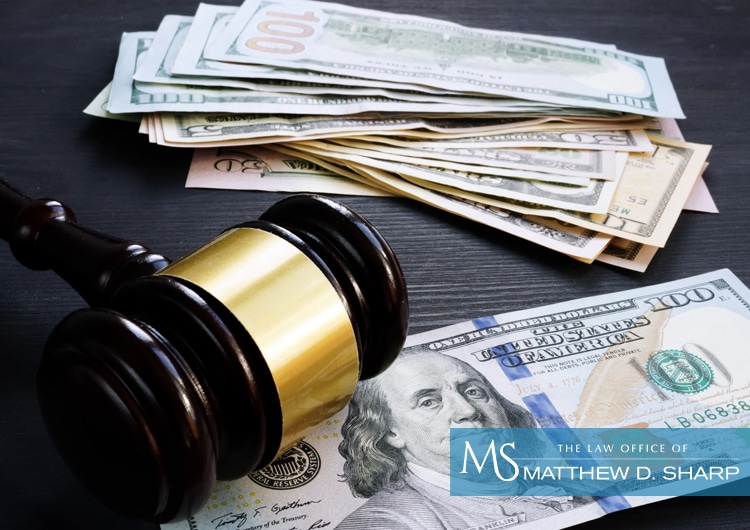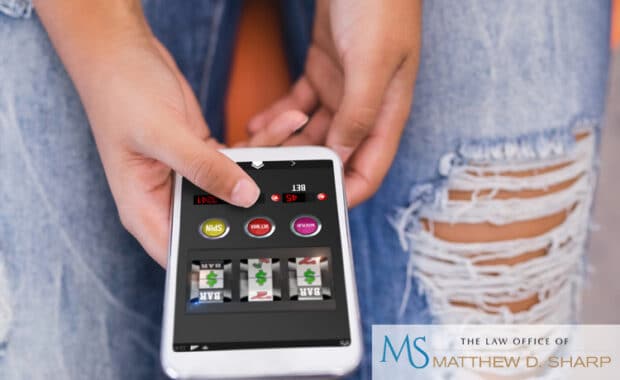On January 21, 2021, Greg Abbott, the Governor of Texas, conducted a roundtable in Austin to discuss how to make Texas safer. Other participants of the roundtable included local law enforcement and advocates for public safety, including the Crime Stoppers of Houston. Crime Stoppers is the biggest public safety organization throughout Texas.
During the roundtable, one of Gov. Abbott’s suggestions was to reform the “broken” bail system.
In 2019, the Director of Victim Services for Crime Stoppers, Andy Kahan, found a pattern among defendants who were facing murder charges. There was a shocking number of prisoners who had been released in the past with felony bonds, personal bonds and bond forfeiture. By March 2020, Kahan was using court records to track the data.
In the cases Kahan tracked, each of the murder victims had been killed by someone who had at least 1 of the following on record:
- Bond forfeiture reinstatement
- Been released on multiple felony bonds
- Was released on a PR bond
- Been previously denied a motion to revoke a bond
After concluding his research, Kahan concluded that as of January 2021, 90 people murdered in Harris County were the victims of someone who had been previously bonded out of jail.
For this reason, Kahan and Crime Stoppers support Gov. Abbott’s bond reform efforts. According to Kahan, “public safety is placed at a higher risk when career habitual offenders are continuously released back to the community only to re-offend time after time again.”
Understanding bail and bonds
While the 2 terms are commonly used interchangeably, their differences are important and it boils down to who pays the money. Bail and bonds are paid to the court system to release an individual until they can stand trial.
Even though both bail and a bond will get someone out of jail, bail is paid by the person arrested or their family, while a bond is paid by a bond company after the prisoner pays a percentage of the money owed.
When their court date arrives, the defendant gets their money back if they show up to court (or the bond company they hired gets their money back). In the instance of a bond company, the prisoner doesn’t get the premium they paid the company back.
The criminal charge a defendant faces determines the amount of bail money they will have to pay. Those facing felony charges will likely pay more bail money than someone facing misdemeanor charges. Certain defendants can be denied bail altogether.
Factors that contribute to what bail is set at include:
- Crime severity
- Prior convictions
- Risk the defendant might run
- Whether the defendant puts others at risk
- Whether the defendant is on probation
- Whether the defendant has a restraining order





